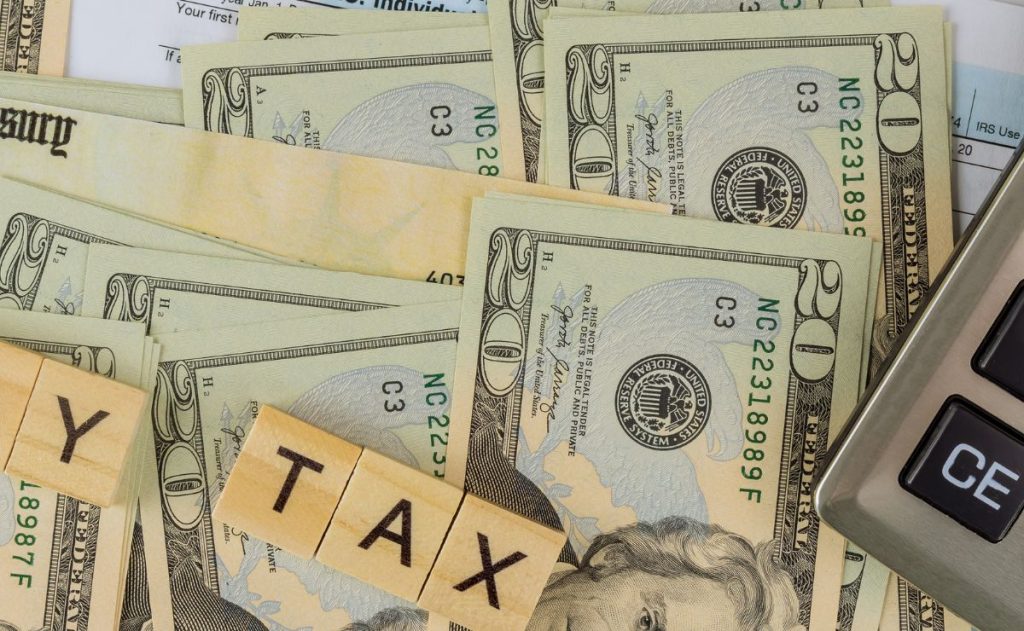The holiday cheer may have faded, but for many Americans, the January blues come with a familiar financial burden: outstanding debt. However, the Internal Revenue Service (IRS) offers a potential financial support: tax season kicks off on January 29th, with swift refunds a possibility for some.
Early birds and tech-savvy filers rejoice! Electronic submissions begin on opening day, and assuming smooth processing and proper documentation, the IRS estimates refunds hitting bank accounts within 21 days. This expedited timeline could significantly impact individuals grappling with post-holiday debt.
Tax Filing Season 2024: Basics to Consider
However, not everyone qualifies for the refund fast lane. Those claiming the Earned Income Tax Credit (EITC) or the Additional Child Tax Credit (ACTC) must navigate a different timetable. Legally, these refunds cannot be issued before mid-February. Nevertheless, eligible taxpayers can still anticipate their financial boost by February 27th, primarily through direct deposit or debit cards, barring any unforeseen complications.
So, how do you secure your spot in the refund queue on opening day? Proactive preparation is key. Gather your tax documents upfront and pre-fill your return through your chosen software or tax preparer. They’ll hold it securely until the IRS opens its doors, ensuring you’re among the first in line for potential debt relief.
But fear not, technologically averse individuals! Starting January 12th, IRS Free File will be available on IRS.gov, offering free electronic filing options for eligible taxpayers. And for residents of participating states, the IRS Direct File pilot program promises even faster refunds, with an expected widespread rollout by mid-March.
Regardless of your preferred filing method, one thing remains clear: tax season is upon us, and your refund could be the catalyst for conquering debt and launching a financially fresher year. So, dust off your W-2s, power up your laptops, and prepare to reclaim a portion of your hard-earned cash.
What if I Choose to file by paper and mail?
If you choose to file your taxes by paper and mail, anticipate a longer wait for your refund check. The delay is attributed to the extended processing time required when compared to electronic filing. With paper returns, you not only rely on the postal system for delivery but also necessitate an IRS employee to manually open and input your information for processing.
According to the IRS, this process could take four weeks or more. It’s worth noting that the IRS foresees over 128.7 million individual tax returns being filed by the April 15 tax deadline.
